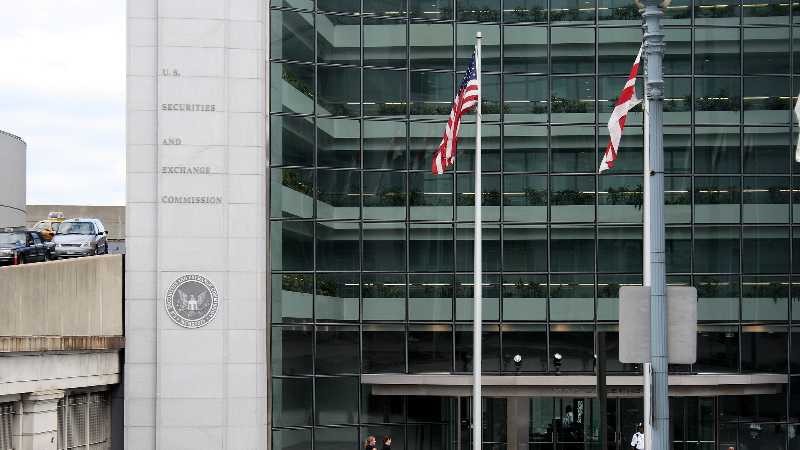American Bitcoin Academy Founder Faces SEC Charges for Alleged $1.2M Fraud Scheme

Brian Sewell, the founder of the American Bitcoin Academy, is under investigation by the Securities and Exchange Commission (SEC) for allegedly defrauding students out of more than $1.2 million.
Between 2018 and 2019, Brian Sewell enticed students of his online cryptocurrency course with the prospect of the Rockwell Fund, promising substantial returns through cutting-edge strategies that purportedly leveraged artificial intelligence (AI).
After convincing 15 students to invest a total of $1.2 million, Sewell diverged from his initial promise to launch the fund. Contrary to his commitments, he redirected these investments for his personal Bitcoin portfolio, betraying the trust of his students and misusing their funds.
SEC’s Crackdown on Sewell
In a statement, the SEC’s Director of Enforcement, Gurbir Grewal said that Sewell resorted to falsehoods and marketing jargon such as “artificial intelligence” in order to mislead investors.
Sewell made a false claim about having once successfully run a cryptocurrency investment fund, amassing significant earnings.
The SEC has initiated legal action against Brian Sewell and Rockwell Capital Management, demanding injunctive relief to prevent further violations. Additionally, the agency seeks disgorgement, compelling the return of fraudulently obtained funds, alongside prejudgment interest and civil penalties.
The recent enforcement action is part of a series of cases initiated by the agency concerning digital assets. SEC Chair Gary Gensler has consistently warned investors about the prevalence of fraud within the cryptocurrency domain.
Background: American Bitcoin Academy and Brian Sewell
The American Bitcoin Academy is an online educational platform offering courses on Bitcoin and cryptocurrencies.
Brian Sewell is a Utah native who later moved to Puerto Rico and became the founder of the American Bitcoin Academy. His venture into creating Rockwell Capital Management and the subsequent fraud scheme highlights a journey driven by the allure of quick wealth in the burgeoning crypto market.
Understanding Sewell’s motivations requires examining the context of his actions—capitalizing on the crypto boom and exploiting the lack of investor knowledge.
He was also the owner of Rockwell Capital Management, which allegedly participated in the $1.2 million fraud scheme.
Regulatory Action Against Brian Sewell
After receiving numerous complaints from aggrieved students, the SEC’s Division of Enforcement initiated an investigation into Brian Sewell and his company, Rockwell Capital Management.
This inquiry culminated in February 2024 when the SEC formally accused Sewell of securities fraud, alleging he swindled his students out of over a million dollars through deceptive practices.
In a decisive action, the SEC ordered Rockwell Capital Administration to reimburse $1.6 million in ill-gotten gains plus prejudgment interest, highlighting the seriousness of the fraud.
Sewell now faces a substantial civil penalty exceeding $223,000, pending judicial approval, marking a significant step in holding him accountable for his actions and providing restitution to the victims.
Conclusion
The incident serves as a reminder to always exercise caution when evaluating potential investment opportunities, especially those involving new or complex technologies.
The SEC’s ongoing commitment to protecting investors from fraudulent activities is commendable and necessary for maintaining confidence in the financial markets. In recent years, the SEC has intensified its scrutiny of digital assets, leading to several high-profile enforcement actions.
This trend reflects growing concern over the ease with which promises of high returns in the volatile crypto market can mislead investors. By highlighting similar cases, the SEC aims to educate investors about the risks and encourage skepticism towards too-good-to-be-true offers.









